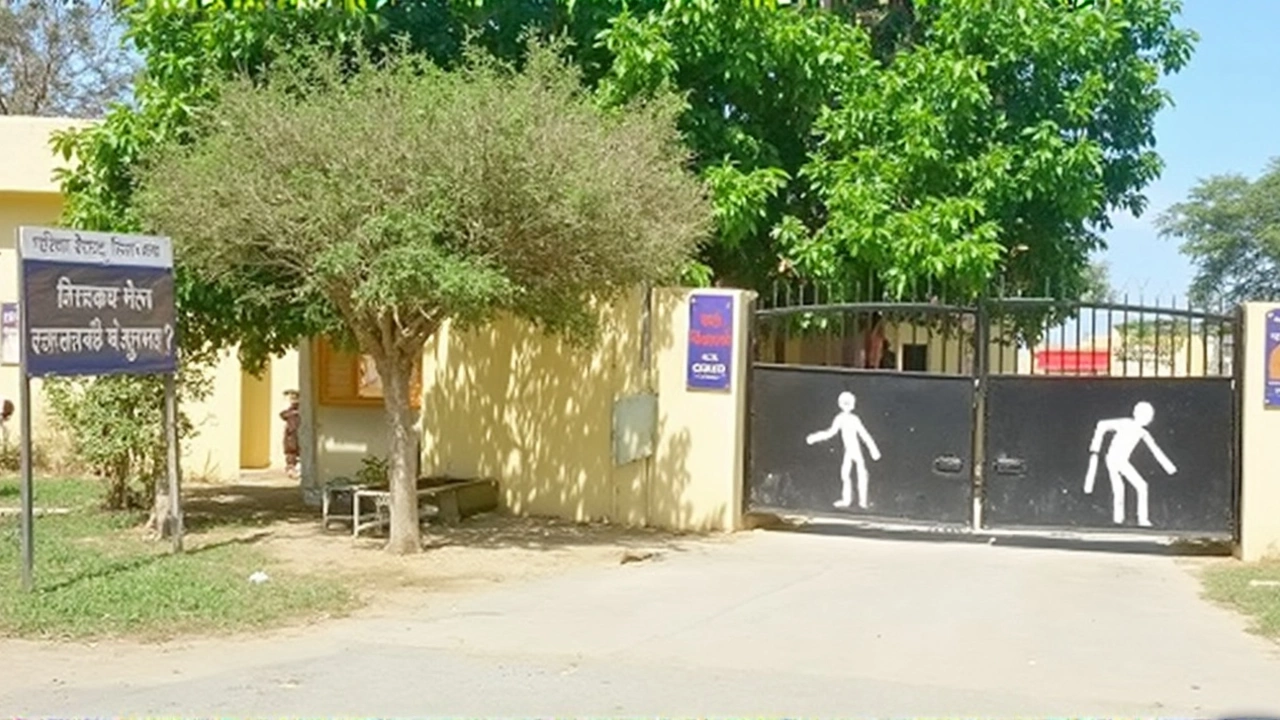Coaching Crisis: What’s Going On and What You Can Do
Ever wonder why you hear more stories about teams scrambling for a coach or schools struggling to keep teachers in the gym? That’s the coaching crisis showing up all over. It’s not just a headline; it’s something that hits athletes, students, and parents directly.
First off, the shortage of qualified coaches is real. Many leave because pay doesn’t match the hours they put in, or because they feel burned out from endless paperwork and pressure to win. Smaller clubs and schools feel the pinch hardest – they can’t afford to hire experienced help, so they end up with volunteers who are stretched thin.
Why the Crisis Matters
When coaching quality drops, performance suffers. Young athletes miss out on proper technique, which can lead to injuries or lost confidence. In schools, a lack of skilled coaches means fewer kids get extra practice, and the overall sports culture weakens. This creates a vicious cycle: fewer successes, less interest, and even fewer people wanting to coach.
Another piece of the puzzle is the changing expectations. Parents now demand elite training, while administrators push for academic results. Coaches are caught in the middle, trying to meet both demands without enough resources. The stress builds, and many decide it’s not worth it.
Practical Steps to Ease the Crisis
So, what can you do if you’re part of a club, school, or community? Start by looking at compensation. Even a modest raise or performance bonus can keep a coach motivated. Next, offer professional development – workshops, certification courses, or mentorship programs help coaches feel valued and improve their skills.
Another quick win is to create a support network. Pair new coaches with experienced mentors, share training plans, and set up regular check‑ins. When coaches don’t feel isolated, they’re more likely to stay.
Don’t forget the power of community volunteers. Recruit parents or alumni who have a background in sports and give them basic training. They can handle administrative tasks, freeing up coaches to focus on coaching.
Finally, promote a balanced approach. Emphasize fun and personal growth alongside competition. When athletes enjoy the process, the pressure eases, and coaches can work in a healthier environment.
The coaching crisis won’t disappear overnight, but with better pay, training, and community support, we can turn the tide. Keep an eye on how your local teams are doing, talk to coaches about their needs, and push for small changes that add up. After all, strong coaching builds strong athletes, and that benefits everyone.
